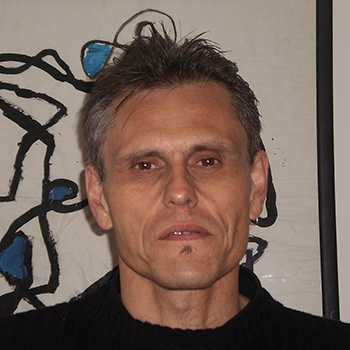Doubling the voice: what can be learned from observing public social critique in China
In this Policy Brief the authors discuss patterns of social critique in the P.R.C. in online social media discourse, in art and culture, and among professional and expert circles. Special attention is drawn towards the "double identities" (voicing views in line with the official discourse when in office, and holding views critical of the state and its policies when speaking in private) of public persons and social actors in the P.R.C.
The Policy Brief contains recommendations for the EU on how to successfully communicate with political and social elites within China, and the Chinese diaspora in Europe. The authors propose acknowledging the ambivalent views of Chinese nationals towards the political system in China, the marginal nature of social dissent, and the cost-benefit calculation of such dissent. The authors advocate creating "spaces of mutual benevolence" for successful, pragmatic communication between the EU and China.
About authors

Marcin Jacoby
Associate Professor at SWPS University, Head of the Asian Civilisation Research Center
Sinologist, translator, cultural manager

Lingyue Tang
Postdoc at Centre for International Studies (CERI), Sciences Po, Paris
Focused on professions and occupations, with a particular emphasis on China's grassroots healthcare system reforms

Jean-Louis Rocca
Professor at Sciences Po, Senior Researcher at Centre for International Studies (CERI), Sciences Po
Sociologist and Political scientist, contemporary Chinese society

Piotr Machajek
PhD candidate at SWPS University
Sinologist, translator, and literature scholar, specializing in contemporary Chinese literature

Camille Salgues
Contract Researcher at Centre for International Studies (CERI), Sciences Po
Sociologist and anthropologist, specializing in children in China, translator
